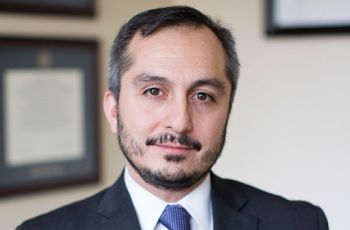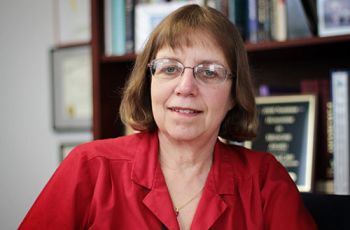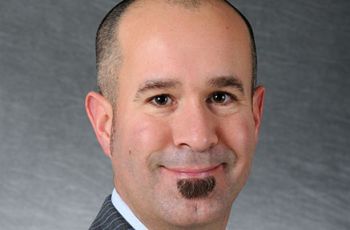Psychiatry & Behavioral Sciences
Eliot Sorel, M.D., clinical professor of psychiatry and behavioral sciences, was interviewed by the National Journal on the U.S. failing to meet the need for mental health care.
Amir Afkhami, M.D., assistant professor of psychiatry and behavioral sciences, was a guest on CCTV America to discuss how mental healthcare in the United States compares with the rest of the world.
Eleanor Mackey, Ph.D., assistant professor of psychiatry and behavioral sciences, spoke with WTOP-FM about the effect the government shutdown may have on children, whose routines may be disrupted.
Julia Frank, M.D., professor of psychiatry and behavioral sciences, sat down with WUSA9 to discuss postpartum depression. This topic is on the mind of many Washingtonians in light of the recent car chase and subsequent shooting on Capitol Hill.
The Washington Post - Skipping Birthday Cake and Other Treats, When You’re a Kid With Celiac Disease
Aaron Rakow, M.D., assistant professor of psychiatry and behavioral sciences, was quoted in The Washington Post for a story on children with celiac disease, who often feel isolated because of their dietary restrictions. This story was also published in The Columbian.
Michael Compton, M.D., professor of psychiatry and behavioral sciences, was quoted in an article in The Epoch Times about ways law enforcement can work with the mentally ill to thwart tragic outcomes.
Julia Frank, M.D., professor of psychiatry and behavioral sciences, wrote a blog post for MedPage Today's KevinMD on gun violence and its drain on medical resources.
Eliot Sorel, M.D., clinical professor of psychiatry and behavioral sciences, talked to Voice of America about recent incidences of gun violence due to untreated mental illness, calling for gun violence to be treated as a public health issue.
Lorenzo Norris, M.D., assistant professor of psychiatry and behavioral sciences, was interviewed by The Oncology Report about the importance of starting hospice sooner in terminal care.
Carolyn Robinowitz, M.D., clinical professor of psychiatry and behavioral sciences, speaks to Psychiatric News about educating physicians, trainees, and medical students to minimize any biases in marketing messages from pharmaceutical and medical device manufacturers.





